Manasseh's Folder
MANASSEH’S FOLDER: When I lost my Ipad in Cologne
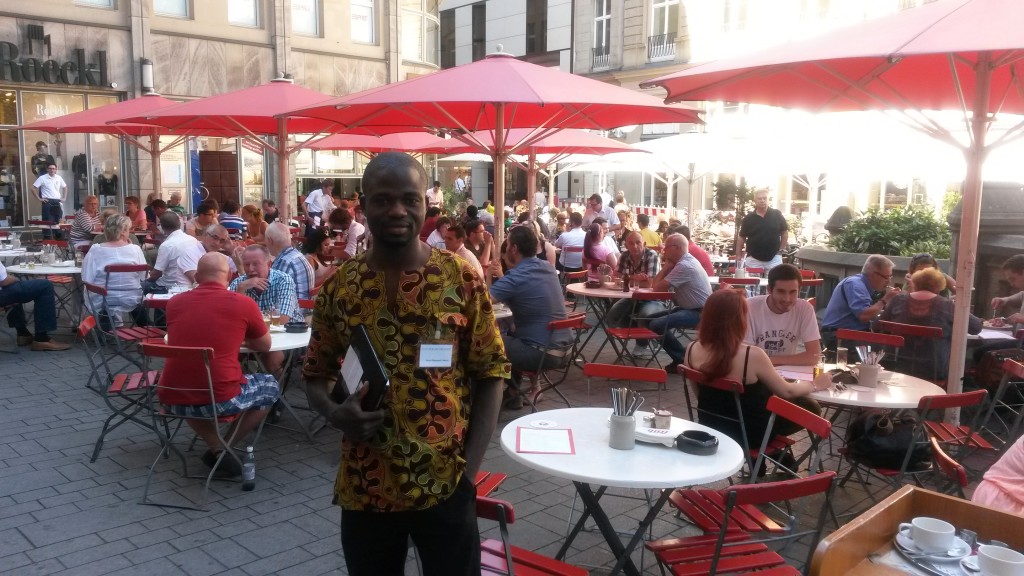
The writer, Manasseh Azure Awuni poses with his iPad at the bar he left it the previous day
In September 2013, I was one of twenty-four journalists and media practitioners across the world who attended the Freedom of the Press and Freedom of Information Seminar in Gummersbach, Germany. It was organized by the Frederick Naumann Stiftung, and part of the three-week programme were visits to some media houses. On one sunny afternoon we rounded up the day’s visits in Cologne and we were supposed to return to Gummersbach later that evening. We had the whole afternoon to ourselves.
There was so much to see. The magnificent train station of Cologne was an awesome spectacle to the boy from Bongo whose mental imagery of a train was that of an antiquated giant collection of rusty metals plying the Accra and Tema railway line. Near the cologne train station was the huge Cologne Cathedral.
Soon the tour was over because our tired feet needed rest. We settled at a restaurant and bar near the Cathedral and that’s when I became judgmental of the Germans. Until I embarked on that journey, I thought Ghanaians liked alcohol. The Germans drank beer as if they had barrels in their stomachs. Clouds of smoke also rose from the nostrils of the smokers around. Some of my colleagues also smoked, so I often got up anytime someone lighted a cigar and would return later. I could not stand it. But I was in the minority. And I could not impose my views on people in the white man’s land, especially when the place was a smoking-free zone.
When we got back to Gummersbach that night, and I was about to enter my room, I reached for my iPad so I could check my mails and update my social media platforms. It was gone. I didn’t know how I lost it but I suspected I may have left it in the Cathedral Square, at the busy drinking spot. I left it on my chair during my ups and downs. Domique Ndecky, a fellow participant at the seminar from Senegal was in the elevator with me so he was the only one who knew I had lost my iPad, a precious gift I had from Kwami Sefa-Kayi. I did not bother to tell the organisers so that we could go back because the spot was very crowded and no seat remained empty for more than five minutes. I concluded that I had lost the iPad forever.
The following day, however, word went round that the Ghanaian had lost his ipad in Cologne so one of the organisers, Achim Nohl, told me we had to go back to the drinking spot where the group spent the latter part of the previous day. During lunch, we drove to the spot and went to see the management of the bar. I was asked to describe the iPad, and they handed it to me.
The waiters had found it and handed it to the management. On our way back, Achim asked if I had lost the iPad in my country, I would have found it.
“It depends,” I told him after a little hesitation. “It depends on where you lose it.”
Deep within me, however, I knew that even if I left my ipad in church back home, the chances of me getting it back would be slimmer than the edge of a circumcision blade.
Two weeks before my departure to Germany Evans Mensah of Joy FM had his iPad stolen at the Nyaho Clinic. And this is not a hospital patronized by slum dwellers.
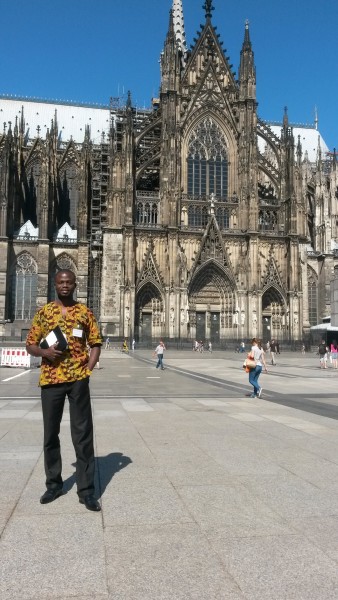
Manasseh at the Cologne Cathedral after getting his iPad back
When I was leaving Germany after three weeks, I came to a sad conclusion. Germans appear not to be religious but they are Godly. Ghanaians on the other hand, are highly religious but ungodly. Like the Pharisees, we pride ourselves in praying and preaching loudly in our churches, mosques and shrines, street corners and on buses, but we leave the time tested values of our religions in our places of worship and plunder the nation’s vast wealth as though we owned the universe.
Politicians, public and civil servants who are caught in acts of corruption don’t seem to care so much. When it becomes critical, one or two small fishes are used as scapegoats. This is one reason the war against corruption has become more difficult than single-handedly carrying a man with a broken waist.
The other reason is because of the erosion of our value systems. We seem to believe so much that the end justifies the means. People are desperate for wealth and are prepared to do anything to get rich. Money rules.
As Vicky Hammer put it, “If you have money you can control people.” But money doesn’t only control people in our republic. Money buys conscience. It buys people. It buys power, political power. Money buys fame. It buys positions in churches and buys traditional stools. The values of honesty and integrity mean very little to many Ghanaians these days. The situation has been fuelled by the desperation created by governments over the years. Greed and dishonesty now seem to be the norm, and all other contrary virtues are the exception. This makes those who stand for the truth endangered species.
George Orwell, the English novelist, essayist, journalist and critic once said that ‘The further a society drifts from truth, the more it will hate those who speak it.’ This is so true of our dear republic today. Corruption has become the norm and honesty, an exception. It is difficult to beat them, and if you are not prepared to join them, then prepare for a battle. Martin Amidu was thrown out of government like an outcast and subjected to all manner of abuses, thanks to the support of the media; the sleeping watchdogs of our state.
The week before his dismissal, as many as seven newspapers carried the same banner headlines: Martin Amidu must go! The day after he was removed, the newspapers celebrated in unison with almost the same headline: Martin Amidu fired. Those of us reading from the newspapers and listening to government officials on radio and television concluded that the man deserved his sack. Little did we know that he was hated for standing up for what was noble. Little did we know that he was thrown out for protecting the national purse. He was fighting for us.
But posterity is the truest and righteous judge. Time vindicated him. And we are all witnesses to how he single-handedly won judgments for the state in respect of the judgement debts that were paid to companies and individuals.
My own experience as an investigative journalist dedicated to fighting corruption has not been a very pleasant one. It is said that if you want to go fast, walk alone but if you want to go far, walk with others. In the battle against corruption, however, if you want to go far, you have to go alone.
That is what I have learnt; the hard way and that’s the advice I will give to anyone who wants to stand for what is right in this country.
You will be hated. You will be insulted. You will be vilified and betrayed by the very people who should stand by you. In my case, the betrayal often comes from fellow journalists.
The fight against corruption is a difficult one. But my personal philosophy is that difficulty and impossibility are not synonyms. Our elders say if two proverbs are not similar, one is not used to explain the other. For this reason, I will encourage all seated here to enlist in the seemingly thankless army of anti-corruption fighters. Being a soldier of anti-corruption in Ghana can be emotionally traumatizing and sometimes feels like a hopeless enterprise. But it gives inner satisfaction.
I may not receive any reward or accolade from the state, but I feel a deep sense of satisfaction that I help save my country millions of cedis. One of the numerous GYEEDA contracts that were cancelled after my investigation saved the nation over GHC120, million annually. And there were many such fraudulent contracts costing the nation a great fortune.
Today, the Savannah Accelerated Development Authority has been handed over to a hard-working board led by Dr. Suley Adams and a serious-minded CEO in the person of Dr. Charles Abugre. SADA is on course to live the dream of its founders. Beyond the insults I received for allowing myself to be used to bring down prominent northerners I know my toil has not been in vain.
Last year, and for the first time since GYEEDA’s inception, the President stopped the award of a GYEEDA contract because it was advertised in the newspapers. Before my investigations, all GYEEDA contracts were not advertised so no matter how fraudulent a contract was, it was awarded on the basis of sole sourcing before anyone noticed it. Today, I hold in my hand a Youth Employment Agency Act, which now makes it more difficult to steal money from the organization. At least my work is shaping national policy.
All that I want to put across is that it is possible to make an impact as an individual. Apart from trying to bribe me out of doing the GYEEDA investigation, one discouraging thing I often heard was: “Why are you worrying yourself? Nothing will come out of this. What has Anas Aremeyaw Anas not exposed? And what happened?”
Looking back, I have not regretted risking my life and rejecting all the juicy offers to do what I did. The nation has saved money. We now know how some of the most celebrated entrepreneurs and so-called business moguls made their money. Some business empires which were sucking the blood of our already anemic republic have crashed.
We can all do it in our small ways. And the collective impact of our individual efforts will eventually give us the victory we badly need against corruption. I will however urge all those who wish to stand for this noble cause to let their motivation come from within.
When my GYEEDA investigation did not receive any mention at last year’s GJA Awards, it reinforced one important lesson I had learnt since I took up the task of fighting corruption: if your motivation is from within, it can never be quenched. There should be a stage in one’s development or career when external validation of what you do does not matter when you are on the right side of God and good conscience. There should not be any motivation for doing good. Doing what is right is enough motivation on its own.
Let me however say that fighting corruption is not all about doom and gloom. You will fall out with influential business people and government officials if you don’t yield to their crooked ways. But you will gain the support of thousands and sometimes millions of the ordinary people you fight for. Some of the people you fight for will attack you but it is not their fault. Some do it out of sincere ignorance while others must do so to cure their hunger.
But majority of the ordinary people appreciate what you do. They will not be able to give you what the influential people can offer, but anytime someone says, “Manasseh, God bless you for what you are doing for mother Ghana,” I consider it the greatest reward for my sacrifice.
Sometimes the recognition comes from outsiders. Last year I was the only journalist from West Africa chosen by the US Department of State to take part in the International Visitor Leadership Programme on Investigative Journalism in the US. That programme took me to five states and I learnt a lot. Last month I was invited to Nairobi, Kenya, to speak at a training programme for selected journalists from all parts of the continent.
This week, I received an invitation to speak to selected journalists from Southern Asia at a media training scheduled for October in Indonesia. The letter of invitation signed by heads of three international civil society groups stated: “Your work has helped shine a light on a global need for transparency and accountability, and we would be honored if you would address the pre-conference regional journalist training.”
It is possible not to be corrupt. And it pays not to be corrupt. There is no reason to be corrupt. Poverty is not a reason to be corrupt; neither does the fear of becoming poor make a good reason to be corrupt. If there was any good reason to be corrupt, then I think I have it. I grew up in abject poverty. I grew from a home when there was a time I woke up without knowing where my next meal would come from.
As I speak, my father is a night watch man. I have ten siblings and five cousins from an unemployed uncle. It is only two of my father’s children who are gainfully employed. There are many mouths to feed, fees to pay and bodies to clothe. There have been times I parked my car and resorted to my motorbike because I could not afford fuel. When I was investigating GYEEDA, all that I had was my motorbike but I rejected bribes which included cars. I have my own shortcomings but I say to the glory of God that I have never been compromised into stopping a story and I cannot be compromised with any form of money. It is a decision all of us can and must make if Ghana must work again.
If this nation can get it right, then it must be built on the foundation of truth, integrity and honesty. It is a charge we must keep. And let’s live our lives knowing that were brought here for a purpose.
When the Jews faced annihilation and Queen Esther gave reasons why she could not intervene for her people, Mordecai sent her a strong word:
“Do not think that because you are in the king’s palace, you alone of all the Jews will escape. For if you remain silent at this time, relief and deliverance will come from another place, but you and your father’s family will perish. And who knows but that you have come to your royal position for such a time as this?”
It is not for nothing that out of the 25 million people in Ghana, God made it possible for you to be here this morning.
When you leave here and you forget about everything I have told you, think about what Modeccai told Esther.
God bless you.
God bless our Homeland Ghana
And make our dear nation great and strong.
This is an edited version of a speech delivered by Manasseh Azure Awuni at the Transparency and Anti-Corruption seminar organized by the Salt and Light Ministries on Wednesday August 19, 2015 at the Sunlodge Hotel in Accra. He was asked to speak on the topic: Transparency and Anti-Corruption: a personal commitment. He spoke alongside Mr Keli Gadzekpo, CEO of Enterprise Group and Co-Founder of Databank, Dr. Esi Ansah of Ashesi University and Dr Kofi Osei-Kusi of the Osei-Kusi Foundation.

-
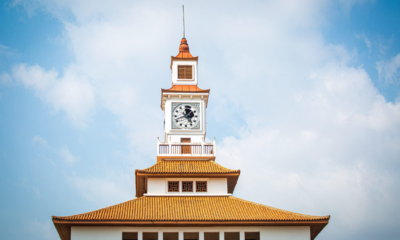
 Random Thoughts10 months ago
Random Thoughts10 months agoA Dutch Passport or a Ghanaian PhD?
-

 Foreign News10 years ago
Foreign News10 years agoEvery Animal Meat Is Not Beef! See All Their Names
-
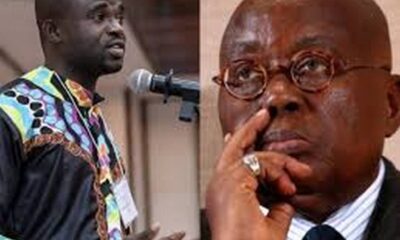
 Manasseh's Folder12 months ago
Manasseh's Folder12 months agoManasseh’s Praise and Criticism of Akufo-Addo’s Action on the SML Scandal
-
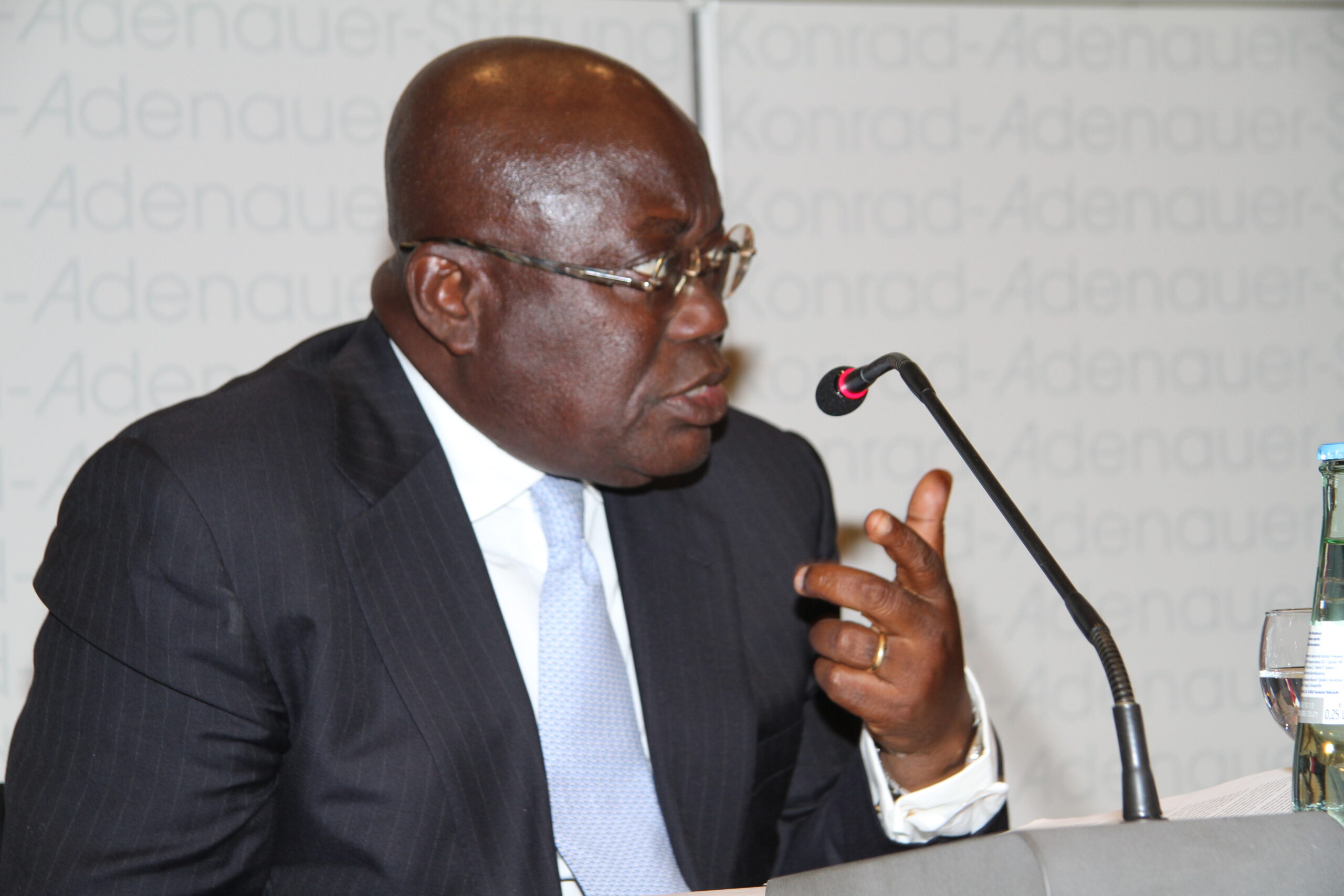
 Guest Writers9 years ago
Guest Writers9 years agoProf. Kwaku Asare writes: Nana Akufo-Addo has no law degree but…
-
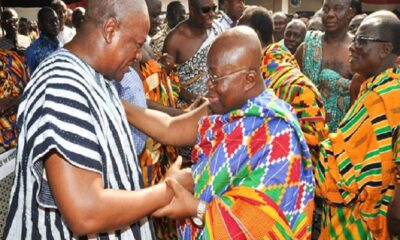
 Manasseh's Blog Posts9 months ago
Manasseh's Blog Posts9 months agoWho Started Free SHS?
-
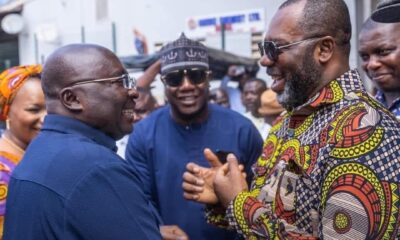
 Manasseh's Folder9 months ago
Manasseh's Folder9 months agoIs Napo Arrogant? And Does It Matter?
-
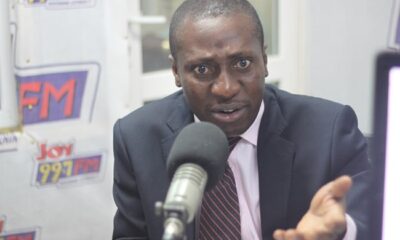
 Anti-Corruption9 years ago
Anti-Corruption9 years agoMANASSEH’S FOLDER: Unmasking Afenyo Markins, NPP’s apostle of integrity
-
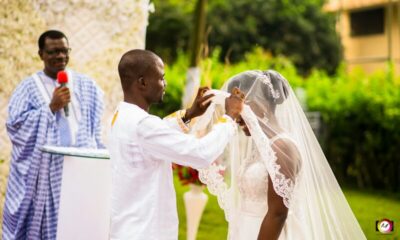
 Manasseh's Folder9 years ago
Manasseh's Folder9 years agoEXCLUSIVE PHOTOS: Manasseh Azure Awuni marries “Serwaa”